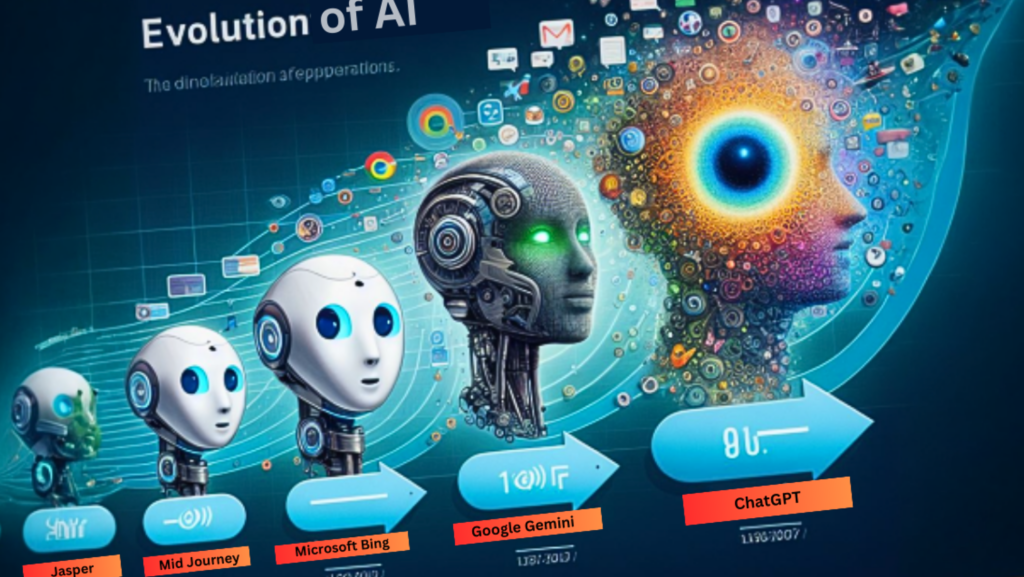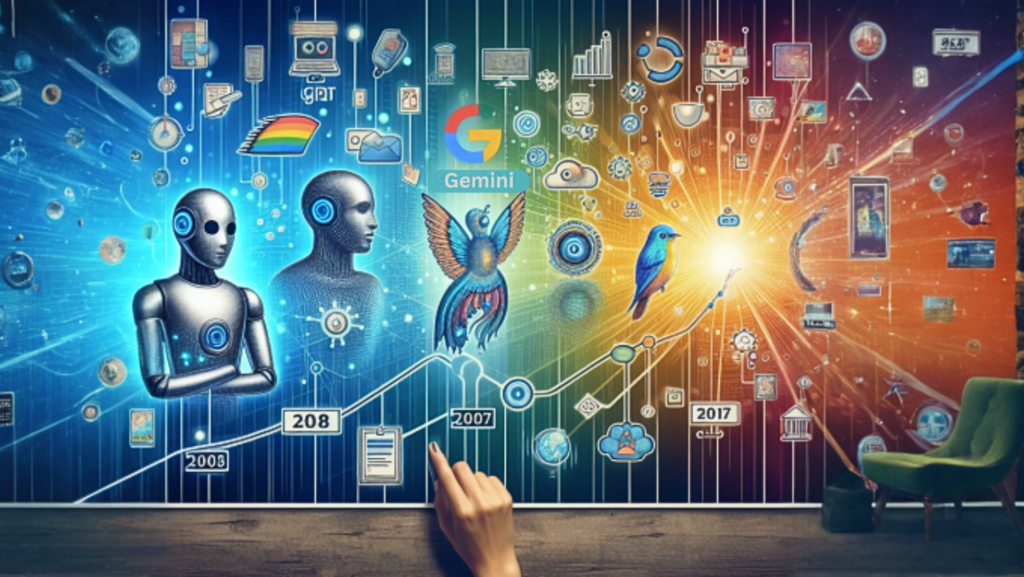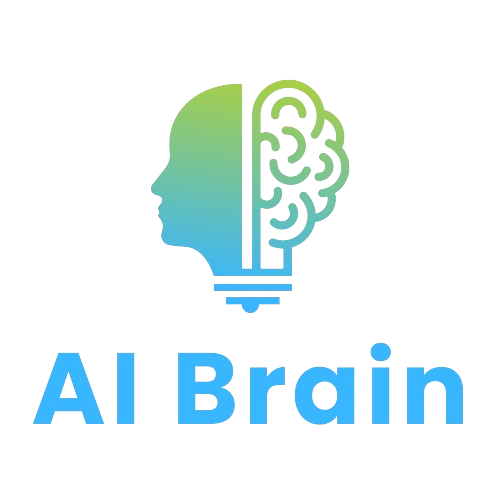In today’s digital age, artificial intelligence (AI) has become an integral part of our lives, revolutionizing the way we interact with technology. From virtual assistants to search engines, AI-powered applications have significantly enhanced our daily experiences. Among the plethora of AI apps available, three stand out for their remarkable impact and evolution: ChatGPT, Google Gemini, and Microsoft Bing.

ChatGPT: A Story of Conversational AI
ChatGPT, developed by OpenAI, is a cutting-edge conversational AI model that has garnered widespread attention for its natural language processing capabilities. ChatGPT is like having a smart buddy who chats with you online. But where did it all begin? Let’s take a trip down memory lane.

Once upon a time in June 2020, OpenAI launched ChatGPT. It was like a newborn baby, learning to talk and understand people. Powered by something called deep learning, ChatGPT could understand what you said and reply in a way that made sense. People were amazed!
As time went by, ChatGPT grew smarter and chattier. It learned from millions of conversations on the internet, getting better at understanding jokes, answering questions, and even offering advice. It became everyone’s favourite virtual buddy, always ready for a chat.
Today, ChatGPT continues to evolve, making new friends and learning new things every day. Who knows what adventures lie ahead for this friendly AI?
Google Gemini: Where Text Meets its Expectations
Gemini is a large language model, also known as a conversational AI or chatbot, created by Google. It’s like a super-powered search engine that can hold conversations and answer your questions in an informative way. Unlike a traditional search engine that gives you links, Gemini can directly provide summaries of factual topics or create stories.

In March 2023, Google released the first version of Gemini, making it the biggest science and engineering effort undertaken by the company. This new era of models represents a significant leap forward in how AI can help improve our daily lives. Gemini is constantly being updated and improved, and it is sure to play an increasingly important role in our lives in the years to come.
The name Gemini comes from the constellation of the twins, Castor and Pollux. Just like the twins, Gemini models are trained in pairs and collaborate to generate text, which is why Gemini can be so informative and comprehensive.
Microsoft Bing: The Search Engine with a Brain
Microsoft Bing is like a wise old owl who knows everything about everything. But how did it get so smart? Let’s delve into its history.
Back in the day, Microsoft launched Bing as a search engine in 2009. It was like a breath of fresh air in the world of online search. Bing wasn’t just about finding websites; it was about understanding what people were looking for and delivering relevant results.

Over the years, Bing has grown by leaps and bounds, thanks to the magic of AI. It learned to understand your search queries better, predict what you might be looking for, and even offer helpful suggestions as you type.
Today, Bing is more than just a search engine. It’s a trusted companion that helps you navigate the vast expanse of the internet with ease and precision.
Conclusion: The Evolution Continues
The stories of ChatGPT, Google Gemini, and Microsoft Bing are a testament to the incredible journey of AI in shaping our digital world. From conversational AI to multimodal search and traditional search engines, these platforms have revolutionized how we interact with technology.

As we look to the future, one thing is clear: the evolution of AI will continue to surprise and delight us, opening up new possibilities and transforming the way we live, work, and play. So here’s to the next chapter in the amazing saga of artificial intelligence!
